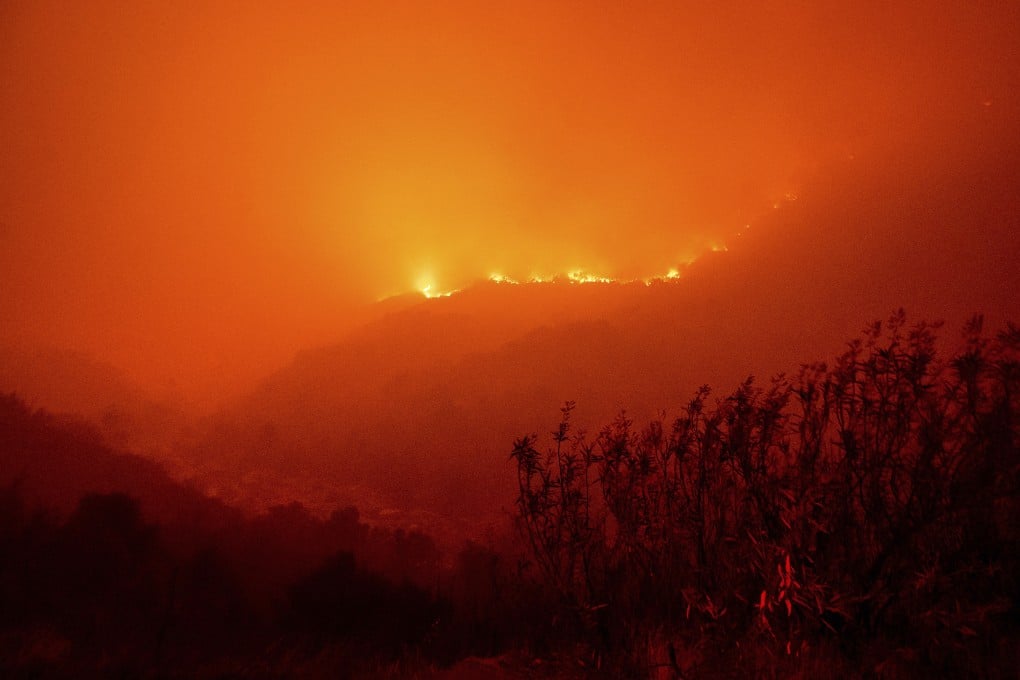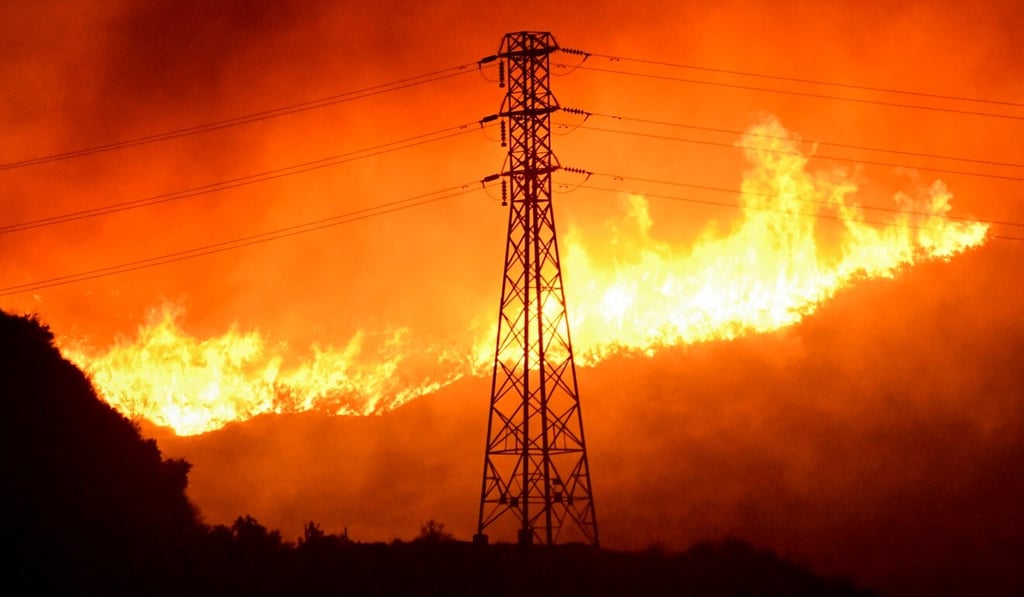Advertisement
My Take | Confucius would have been a climate activist
- The ancient sage and many science fiction writers would agree that the way we live now has doomed the Earth
Reading Time:4 minutes
Why you can trust SCMP
2

Perhaps I should qualify and say instead that Confucius would likely have been such an activist. I make this claim because lately, I have been experimenting and asking myself what so-and-so would do in such a situation.
Since I am no longer a Christian, it doesn’t seem right to ask that of Jesus. So, instead, I now try: what would Confucius do, in this case, about climate change?
The 2021 United Nations Climate Change Conference (COP26), starting on Sunday in Glasgow, Scotland, has been billed as our last chance to save the world. Hopefully, it’s hyperbole, otherwise we are all doomed.
Advertisement
To educate myself, I have been trying to digest the Intergovernmental Panel on Climate Change (IPCC) report, released in August. It’s almost 4,000 pages long and it’s full of technical jargon and charts that I can barely make heads or tails of.

Advertisement
Still, some numbers, explanations and warnings stand out from the report, and they are scary. A good deal of the problems stem from the way we have behaved – or been encouraged to behave – as modern consumers.
Advertisement
Select Voice
Select Speed
1.00x
